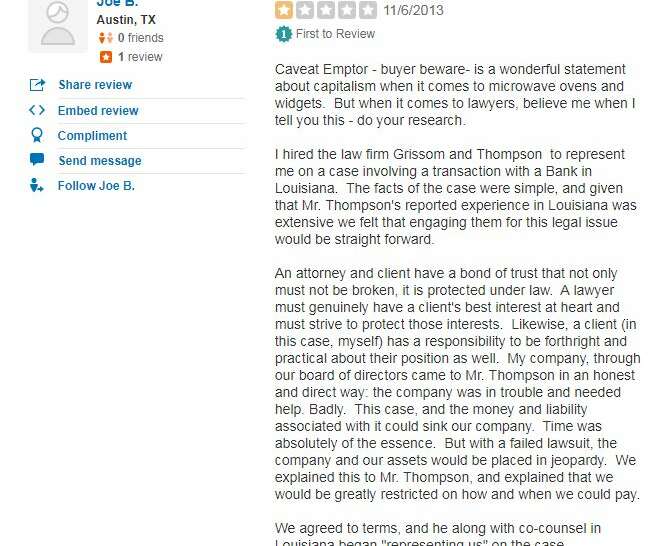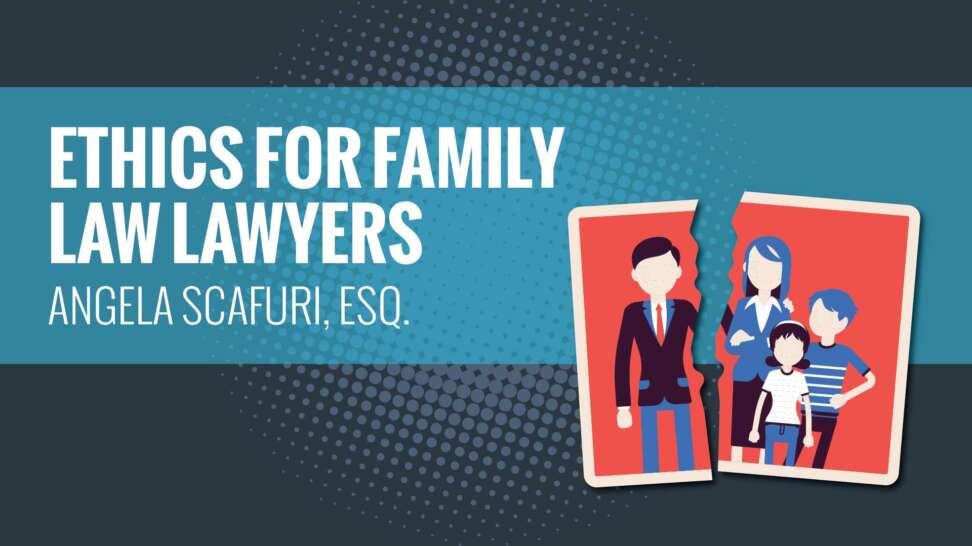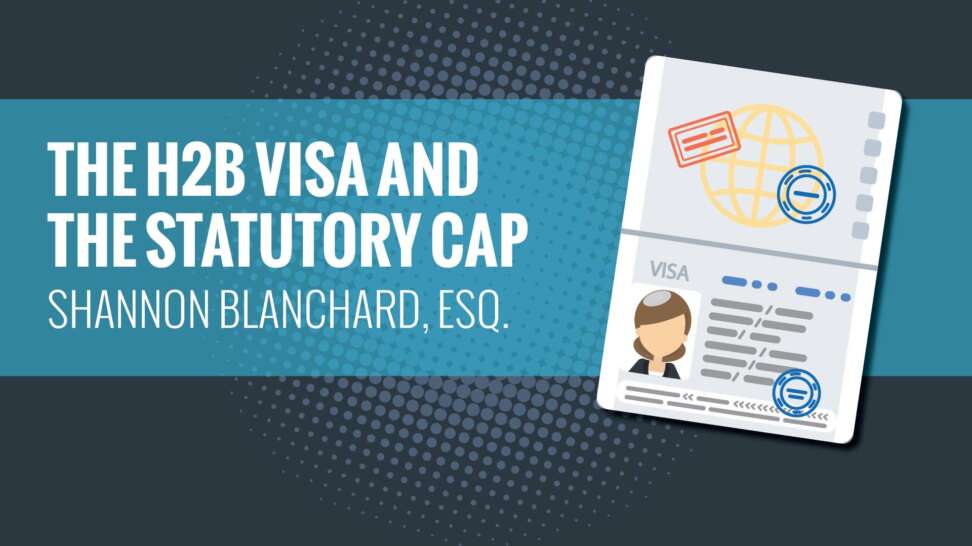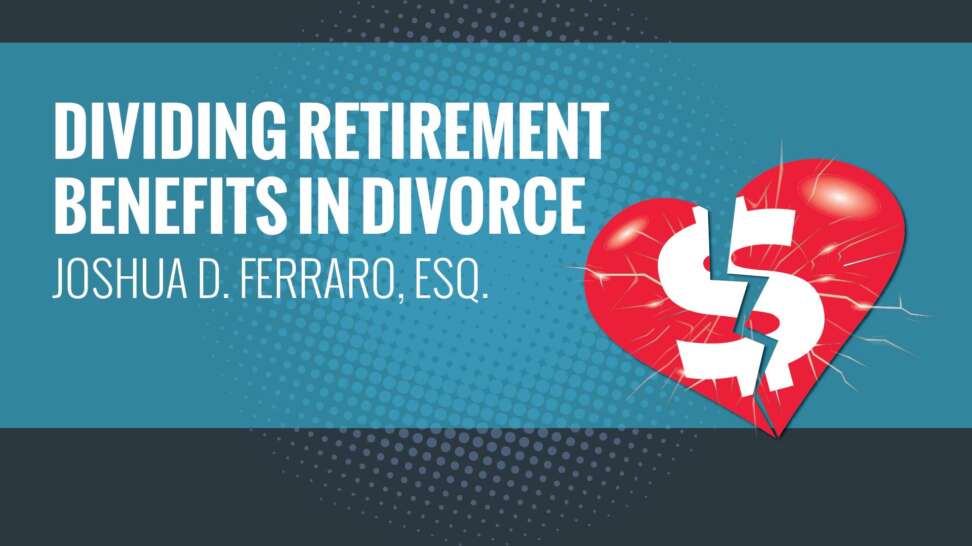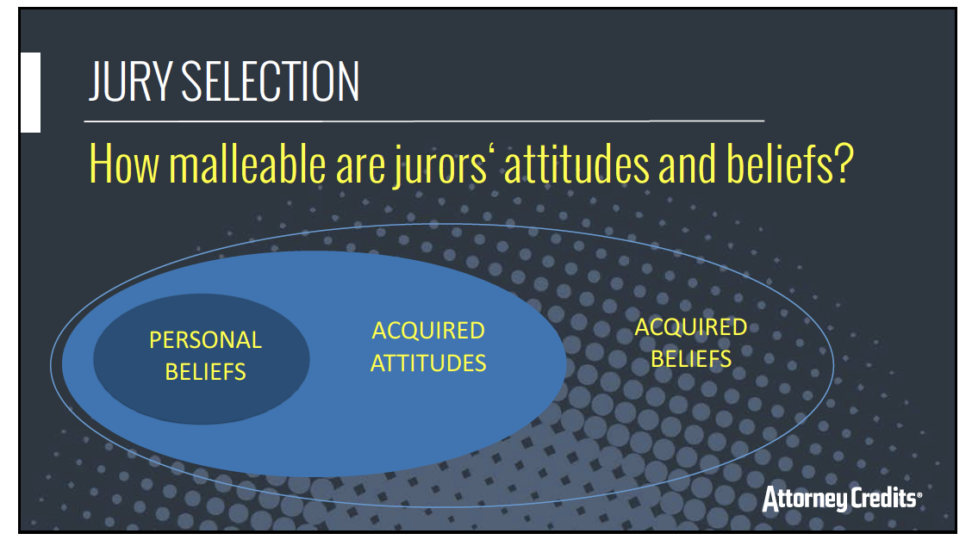While many CLE companies produce and tailor courses for the big law firms of the Am Law 200, our goal is to provide CLE to small firm and solo attorneys. Our courses are delivered by attorneys like you that run their own practice or work in small firms.


